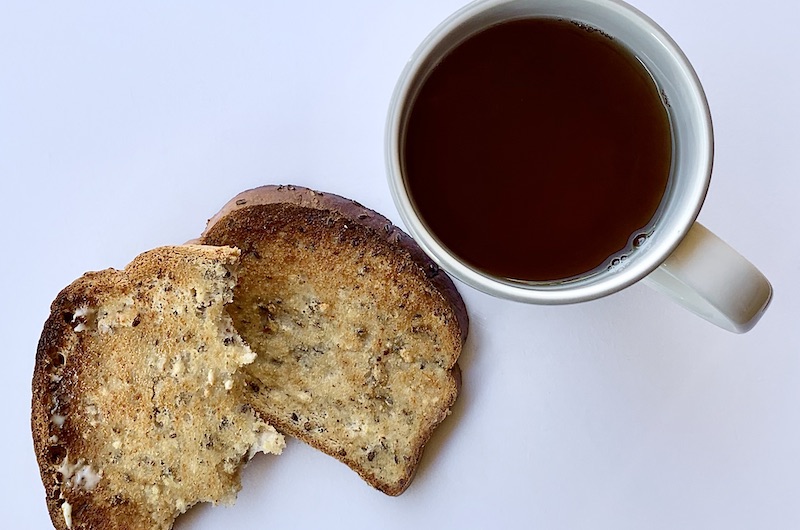It is not uncommon for people to lose weight as we age. However, this is not a desired part of ageing. In fact, research suggests that being overweight is not always associated with higher risk of death. Rather if older adults carry some extra weight then it helps them recover from illness. It also acts as a buffer during times when appetite might be poor.
Sometimes weight loss may be necessary. For example, to ease joint pain, or improve mobility. However, weight loss should not result in muscle loss. To ensure that this does not happen, get a special diet plan from an Accredited Practising Dietitian (APD).
Weight loss that is unexplained, unintended and unplanned is a cause of concern and must be assessed by your GP. Unexplained weight loss is often related to a loss of muscle. This has a negative effect on your strength, mobility and independence with day-to-day tasks. It is important that you monitor your weight regularly, particularly when you have been ill or had a reduced appetite. If you don’t have scales then pay attention to the fitting of your clothes and jewellery. Check if your clothes become loose, if you have to tighten your belt, or your rings are falling off your fingers. All these are signs of weight loss.
Have a look at the resource “Unintentional weight loss” for tips on preventing weight loss.







